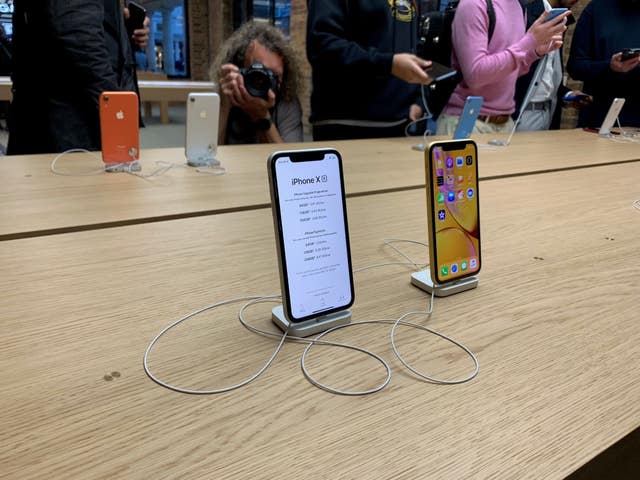Apple and Qualcomm agree to settle legal cases
Apple confirmed it has made a payment to Qualcomm and the two firms have signed a six-year licence agreement.

Apple and Qualcomm have agreed to settle all ongoing litigation between the two companies, ending a long-running legal battle between the tech giants.
The settlement brings to an end a two-year legal row over the cost of processors, with Apple having accused chip manufacturer Qualcomm of overcharging, something the firm denied.
The chip-maker had also taken legal action against Apple over claims it had violated patents held by the firm.
But in a surprise joint statement, the companies confirmed Apple had made a payment to Qualcomm as part of the settlement, while the two firms have also signed a six-year licence agreement and a deal that will see Qualcomm supply Apple with parts for several years.
“Qualcomm and Apple today announced an agreement to dismiss all litigation between the two companies worldwide,” the joint statement said.
The agreement is likely to mean Qualcomm’s modem chips – which help connect mobile phones to a mobile network – will be used in new versions of Apple’s iPhone.
The phone maker had previously solely used Qualcomm chips in its phones, but in 2016 began using components from rival Intel in some iPhone models.

It has been suggested that the upcoming rollout of 5G mobile network technology – the next generation mobile network expected to be at least twice as fast as the current generation 4G – may have been a key factor in the agreement.
Industry experts said Apple was likely to need Qualcomm’s new 5G-enabled modem chips – seen as among the market leaders in that technology – to successfully introduce a competitive iPhone that could support 5G.
Industry analyst Geoff Blaber, of CCS Insight, said the settlement was “a massive vindication of Qualcomm’s business model and a measure of the pressure on Apple to deliver a 5G iPhone in 2020”.
“Commercial pragmatism almost always wins sooner or later,” he said.
Following news of the deal between the two firms, Intel confirmed it was to exit the 5G smartphone modem business.
In a statement, chief executive Bob Swan said “there is no clear path to profitability and positive returns” in the sector.





